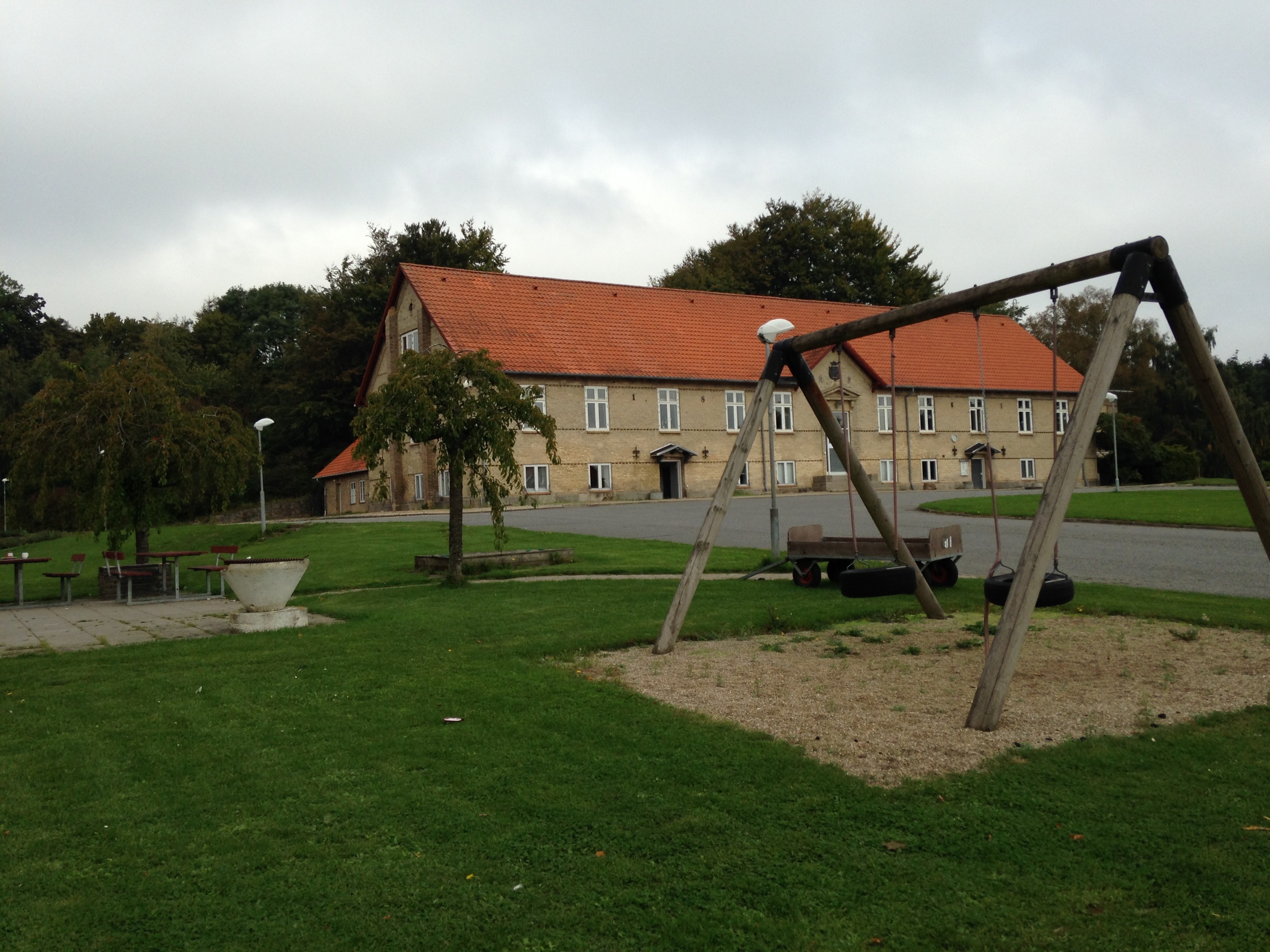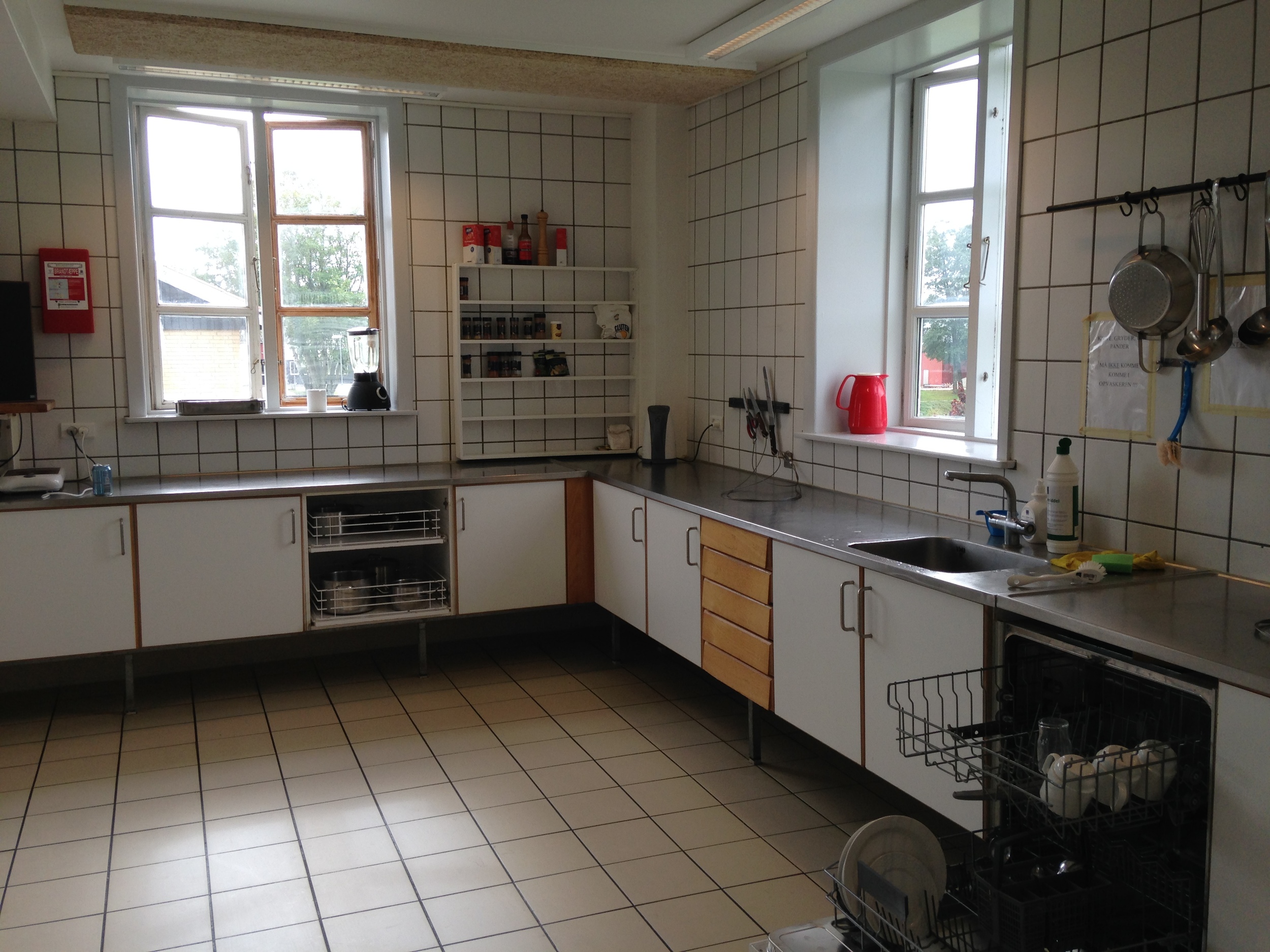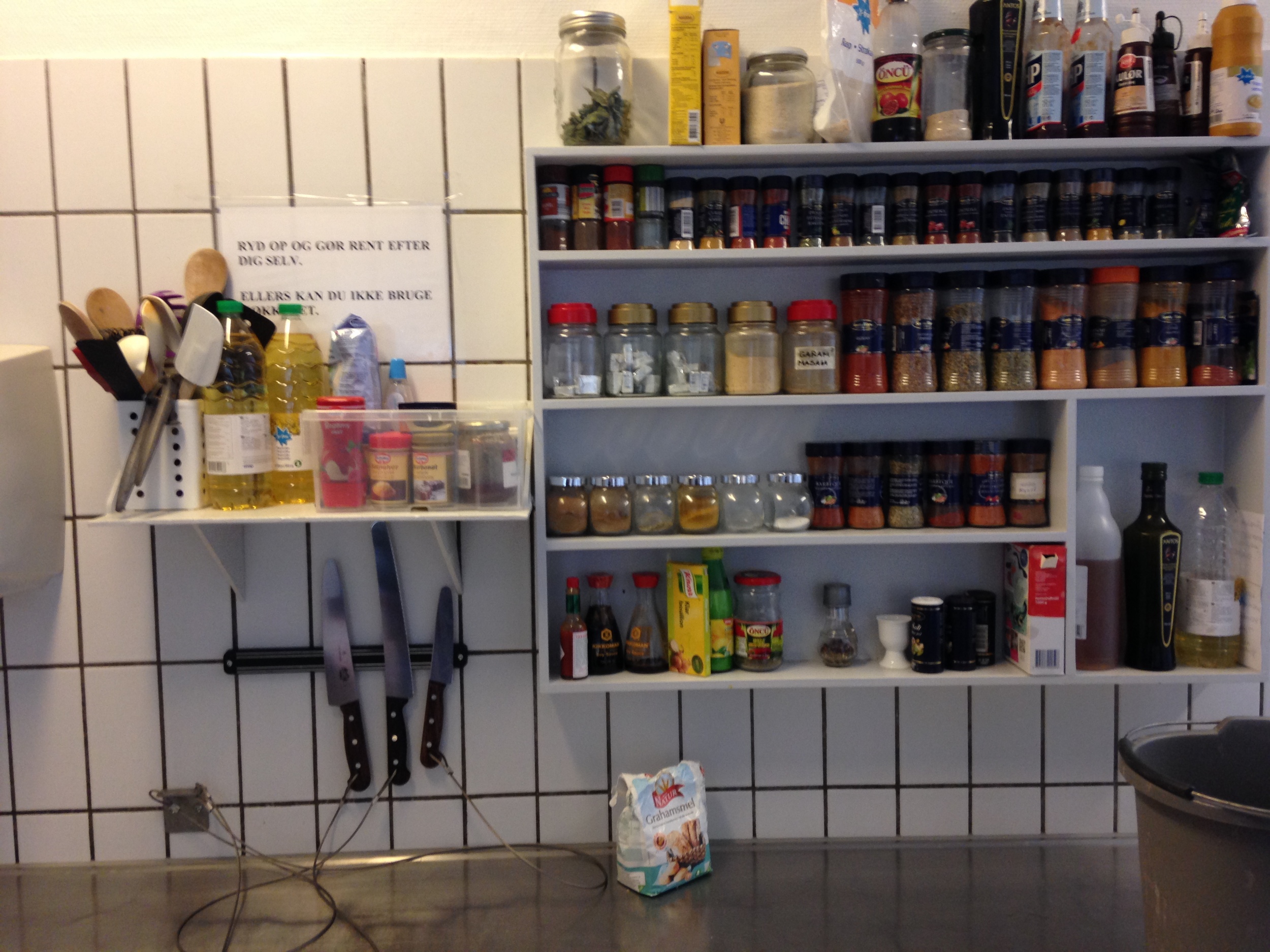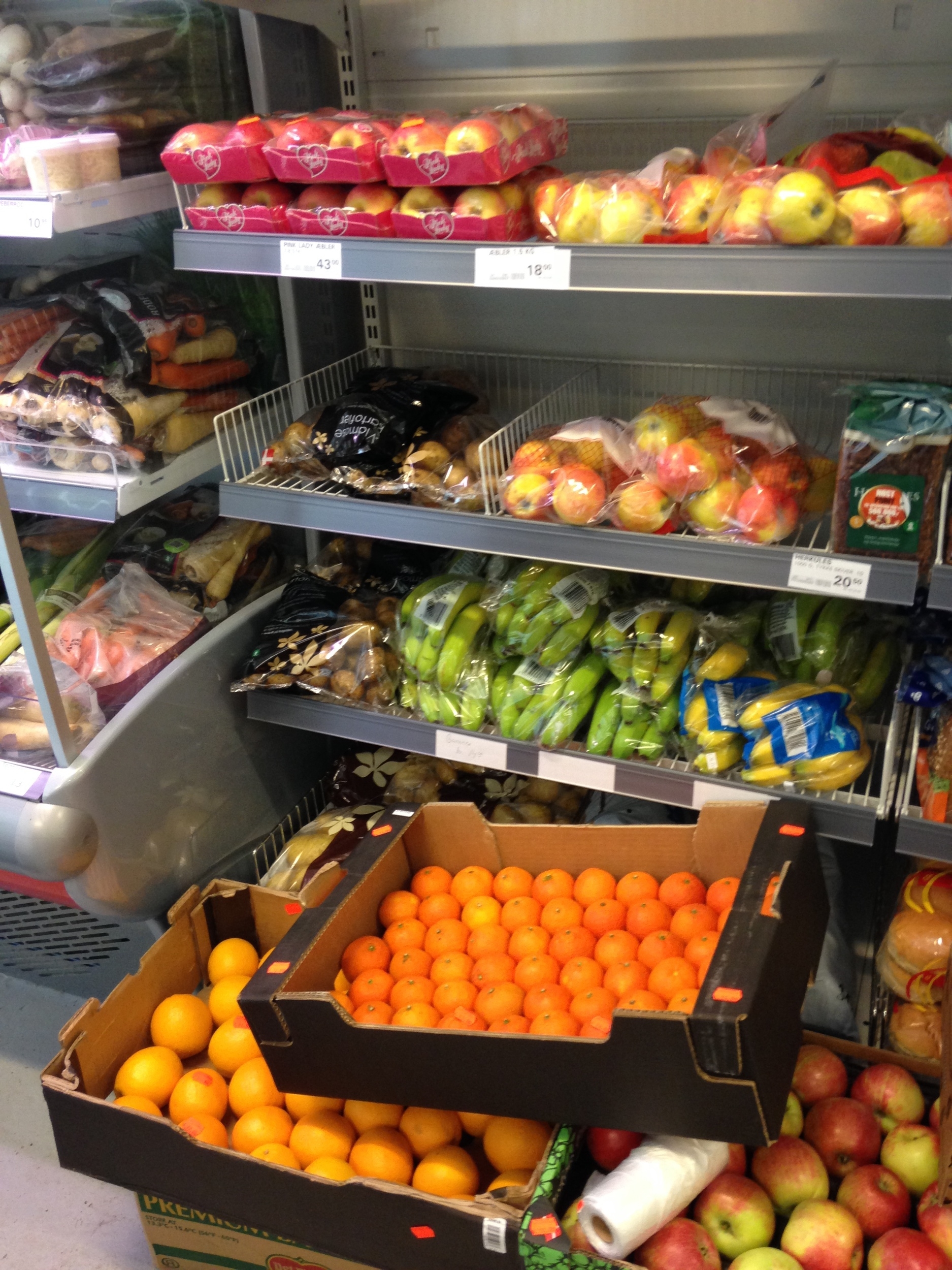Prison fooDWAYS In Women’s Prison: USA
Beginning in 2009, Amy has conducted a series of studies about people's experiences with food while incarcerated in order to build knowledge about the lived experience of incarceration.
Cafeteria, Commissary & Cooking was her first prison food project. This inquiry, that was funded by a Doctoral Student Research Grant from the City University of New York, resulted in six peer-reviewed publications, This project involved collecting and analyzing the narratives of formerly incarcerated women in New Haven about their experiences with food and eating at the York Correctional Institute, the only correctional facility for women in the state of Connecticut. Project findings describe how women use prison food to construct identity and relationships while incarcerated. The data also raise questions about the short and long-term consequences of prison food on health outcomes.
The Prison Nourish Project: Amy’s second prison food project explored the impact of the prison experience on perceptions of health and wellness among people living with HIV. Twenty people - including men and women, incarcerated and formerly incarcerated - were interviewed in Rhode Island and Connecticut about their prison experiences with food and eating. Finding suggest that HIV-positive people are cautious about their health in prison, using access to health care and food to stabilize and strengthen their health. Most of the male participants were protective of their HIV status and concerned about stigma. Women were more open about their HIV status and concerned about other chronic conditions like obesity, addiction, and mental health issues. This project was funded by the Pilot Projects Program at the Yale Center for Interdisciplinary Research on AIDS.
Related Publications
Smoyer, A. B., Ferris, S., & Earnshaw, V. A. (2022). Incarcerated people living with HIV: A qualitative exploration of stigma. Health and Social Work, 47(4), 274-283.
Smoyer, A. B. (2019). Food in correctional facilities: A scoping review. Appetite, 141. https://doi.org/10.1016/j.appet.2019.06.004
Smoyer, A.B. & Lopes, G. (2016). Hungry on the inside: Food as concrete and symbolic punishment in a women’s prison. Punishment & Society. doi:10.1177/1462474516665605
Smoyer, A.B. (2016). Mapping prison foodways. In C. Reeves (Ed.), Experiencing Imprisonment: Research on the Experience of Living and Working in Carceral Institutions (pp. 96-111). Oxford, UK: Routledge
Smoyer, A. B. (2016, January 25). Nourish: Thinking about Food in Prison. Penal Reform International. Guest blog. Available on-line at: http://www.penalreform.org/blog
Smoyer, A.B. (2015). ‘It’s the Black girls that have the most’: Foodways narratives and the construction of race in a women’s prison. Food & Foodways. 23, 273-285. doi: 10.1080/07409710.2015.1102480
Smoyer, A. B. (2015). Making Fatty Girl cakes: Food and resistance in a women’s prison. The Prison Journal, 1-19. doi: 10.1177/0032885515596520
Smoyer, A.B. (2015). Feeding relationships: Food and social networks in a women’s prison. Affilia: Journal of Women and Social Work, 30(1), 26-39. doi: 10.1177/0886109914537490
Smoyer, A.B. (2014). Good & Healthy: Foodways and construction of identity in a women’s prison. The Howard Journal of Criminal Justice, 53 (5), 525-541. doi: 10.1111/hojo.12097
Smoyer, A.B. and Blankenship, K.M. (2014). Dealing Food: Female drug users’ narratives about food in a prison place and implications for their health. International Journal of Drug Policy, 25, 562-568. doi: 10.1016/j.drugpo.2013.10.013
Prison Foodways in Denmark
in 2014, Amy spent two months in Denmark teaching and conducting research about Danish correctional systems as a Fulbright US Scholar. Her research involved visiting 3 correctional facilities - a closed prison, an open prison, and a jail - to observe food practices and talk with prison staff and incarcerated people.
Denmark's rate of incarceration is among the lowest in the world. Their correctional system, based on theories of normalization and responsibility, requires that all incarcerated people shop, cook, and clean for themselves; there are no cafeterias in Danish prisons. (People held in jails are served catered meals from an institutional kitchen.)
Grant:
Smoyer, A. B. (2014) Incarcerated Foodways: A Cross-Cultural Examination of Prison Food, Policy & Practices. U.S. Scholar Program (Denmark), Fulbright U.S. Student Program. Award: $18,000
Related Publications & Presentations:
Minke, L.K. & Smoyer, A.B. (2017). Prison food in Denmark: Normal responsibility or ethnocentric imaginations? In P. S. Smith & T. Ugelvik (Eds.), Embraced by the Welfare State? Scandinavian Penal History, Culture, and Prison Practice. New York: Palgrave Macmillan Ltd.
Smoyer, A.B. & Minke, L.K. (2015). Food Systems in Correctional Settings: A Literature Review and Case Study. Copenhagen, DK: World Health Organization, Regional Office for Europe. Available on-line at: http://www.euro.who.int/en/health-topics/health-determinants/prisons-and-health/publications/2015/food-systems-in-correctional-settings.-a-literature-review-and-case-study-2015
Smoyer, A. B. (2015, November). Hygge: Incarcerated Women’s Experiences with Food and Eating in Denmark. Poster presented at 2015 Annual Meeting of American Society of Criminology (ASC): Washington, DC.
Smoyer, A. B. (2015, March). Women’s experiences with food and eating in Danish prison: A comparative analysis. Paper presented at 8th Annual Academic and Health Policy Conference on Correctional Health: Boston, MA.










